-
About
- About Listly
- Community & Support
- Howto
- Chrome Extension
- Bookmarklet
- WordPress Plugin
- Listly Premium
- Privacy
- Terms
- DMCA Copyright
- © 2010-2025 Boomy Labs
 Elena Crescia
Elena Crescia
Listly by Elena Crescia
List of TEDTalks of TED 2010
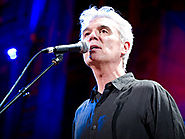
David Byrne sings the Talking Heads' 1988 hit, "(Nothing But) Flowers." He's accompanied by Thomas Dolby and string quartet Ethel, who made up the TED2010 house band.
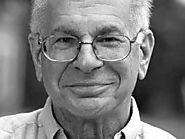
Using examples from vacations to colonoscopies, Nobel laureate and founder of behavioral economics Daniel Kahneman reveals how our "experiencing selves" and our "remembering selves" perceive happiness differently. This new insight has profound implications for economics, public policy -- and our own self-awareness.
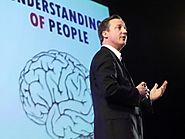
The leader of Britain's Conservative Party says we're entering a new era -- where governments themselves have less power (and less money) and people empowered by technology have more. Tapping into new ideas on behavioral economics, he explores how these trends could be turned into smarter policy.
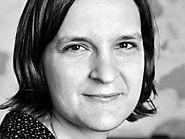
Alleviating poverty is more guesswork than science, and lack of data on aid's impact raises questions about how to provide it. But Clark Medal-winner Esther Duflo says it's possible to know which development efforts help and which hurt -- by testing solutions with randomized trials.
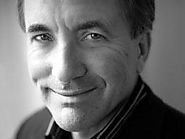
Michael Shermer says the human tendency to believe strange things -- from alien abductions to dowsing rods -- boils down to two of the brain's most basic, hard-wired survival skills. He explains what they are, and how they get us into trouble.
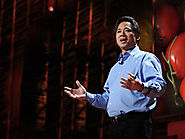
William Li presents a new way to think about treating cancer and other diseases: anti-angiogenesis, preventing the growth of blood vessels that feed a tumor. The crucial first (and best) step: Eating cancer-fighting foods that cut off the supply lines and beat cancer at its own game.
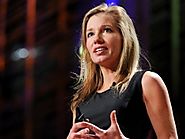
Stacey Kramer offers a moving, personal, 3-minute parable that shows how an unwanted experience -- frightening, traumatic, costly -- can turn out to be a priceless gift.
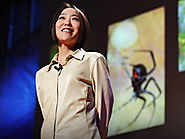
Cheryl Hayashi studies spider silk, one of nature's most high-performance materials. Each species of spider can make up to 7 very different kinds of silk. How do they do it? Hayashi explains at the DNA level -- then shows us how this super-strong, super-flexible material can inspire.
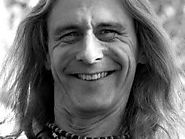
For the last 12 years, Carter Emmart has been coordinating the efforts of scientists, artists and programmers to build a complete 3D visualization of our known universe. He demos this stunning tour and explains how it's being shared with facilities around the world.
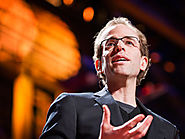
Chef Dan Barber squares off with a dilemma facing many chefs today: how to keep fish on the menu. With impeccable research and deadpan humor, he chronicles his pursuit of a sustainable fish he could love, and the foodie's honeymoon he's enjoyed since discovering an outrageously delicious fish raised using a revolutionary farming method in Spain.
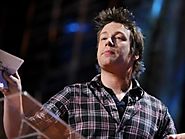
Sharing powerful stories from his anti-obesity project in Huntington, West Virginia -- and a shocking image of the sugar we eat -- TED Prize winner Jamie Oliver makes the case for an all-out assault on our ignorance of food.
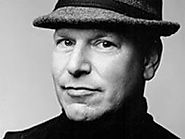
How many of today's headlines will matter in 100 years? 1000? Kirk Citron's "Long News" project collects stories that not only matter today, but will resonate for decades -- even centuries -- to come. At TED2010, he highlights recent headlines with the potential to shape our future.
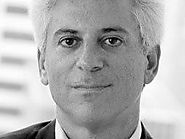
Vaccine-autism claims, "Frankenfood" bans, the herbal cure craze: All point to the public's growing fear (and, often, outright denial) of science and reason, says Michael Specter. He warns the trend spells disaster for human progress.
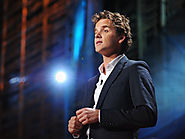
We all know the arguments that being vegetarian is better for the environment and for the animals -- but in a carnivorous culture, it can be hard to make the change. Graham Hill has a powerful, pragmatic suggestion: Be a weekday veg.
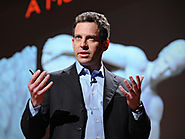
Questions of good and evil, right and wrong are commonly thought unanswerable by science. But Sam Harris argues that science can -- and should -- be an authority on moral issues, shaping human values and setting out what constitutes a good life.
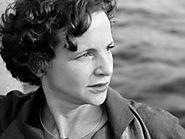
Armed with bracing logic, wit and her "public-health nerd" glasses, Elizabeth Pisani reveals the myriad of inconsistencies in today's political systems that prevent our dollars from effectively fighting the spread of HIV. Her research with at-risk populations -- from junkies in prison to sex workers on the street in Cambodia -- demonstrates the sometimes counter-intuitive measures that could stall the spread of this devastating disease.
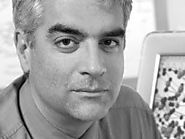
We're all embedded in vast social networks of friends, family, co-workers and more. Nicholas Christakis tracks how a wide variety of traits -- from happiness to obesity -- can spread from person to person, showing how your location in the network might impact your life in ways you don't even know.
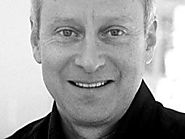
Democracy thrives on civil debate, Michael Sandel says -- but we're shamefully out of practice. He leads a fun refresher, with TEDsters sparring over a recent Supreme Court case (PGA Tour Inc. v. Martin) whose outcome reveals the critical ingredient in justice.
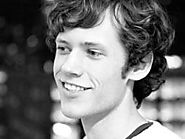
The founder of 4chan, a controversial, uncensored online imageboard, describes its subculture, some of the Internet "memes" it has launched, and the incident in which its users managed a very public, precision hack of a mainstream media website. The talk raises questions about the power -- and price -- of anonymity.
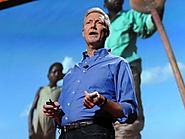
In this moving yet pragmatic talk, Kevin Bales explains the business of modern slavery, a multibillion-dollar economy that underpins some of the worst industries on earth. He shares stats and personal stories from his on-the-ground research -- and names the price of freeing every slave on earth right now.
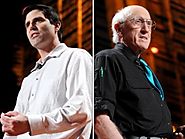
Nuclear power: the energy crisis has even die-hard environmentalists reconsidering it. In this first-ever TED debate, Stewart Brand and Mark Z. Jacobson square off over the pros and cons. A discussion that'll make you think -- and might even change your mind.

Games like World of Warcraft give players the means to save worlds, and incentive to learn the habits of heroes. What if we could harness this gamer power to solve real-world problems? Jane McGonigal says we can, and explains how.
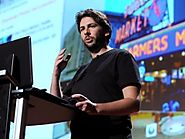
In a demo that drew gasps at TED2010, Blaise Aguera y Arcas demos new augmented-reality mapping technology from Microsoft.
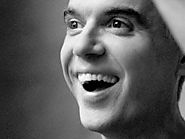
As his career grew, David Byrne went from playing CBGB to Carnegie Hall. He asks: Does the venue make the music? From outdoor drumming to Wagnerian operas to arena rock, he explores how context has pushed musical innovation.
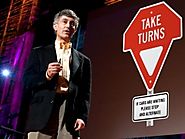
Fifty percent of traffic accidents happen at intersections. Gary Lauder shares a brilliant and cheap idea for helping drivers move along smoothly: a new traffic sign that combines the properties of "Stop" and "Yield."
